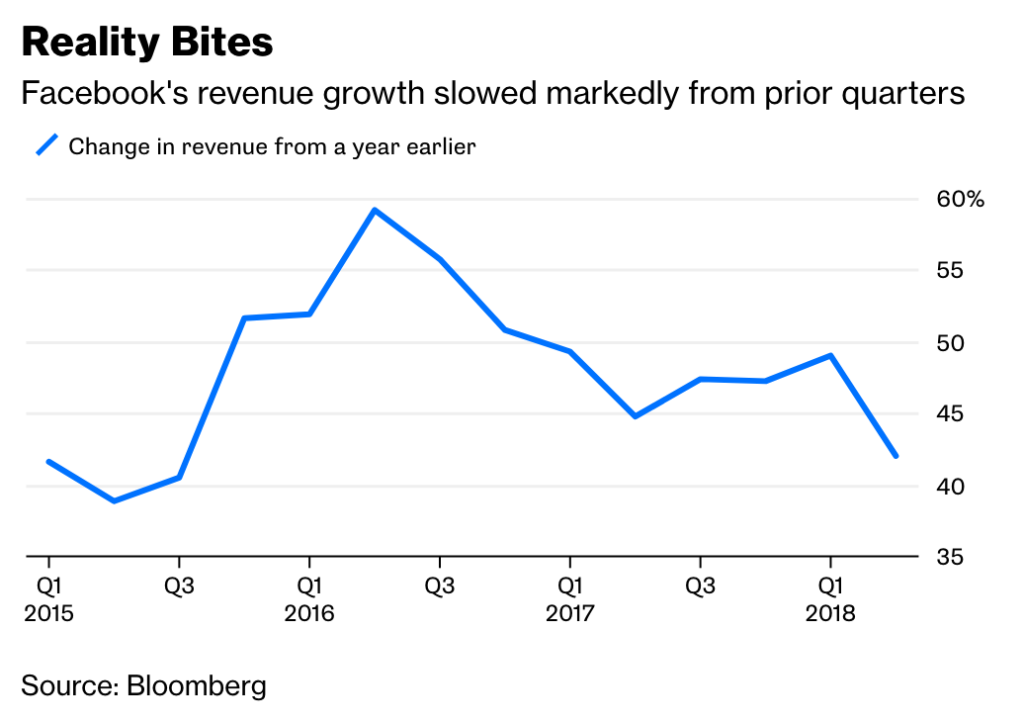Martin Wolf has a brilliant review of Adam Tooze’s Crashed: How a Decade of Financial Crisis Changed the World in Saturday’s FT ($). His review touches on two things in particular that have preoccupied me ever since the crash. One is the failure to hold those responsible to account; the other is about the way the losses run up by capitalist irresponsibility were then socialised — by loading them onto ordinary citizens. (If I remember correctly, the bailing out of the banks dumped a debt of Euro 30,000 on every Irish citizen.). The other was the way politicians conned the public into accepting that it was public excess rather than private greed that caused the crisis.
Two excerpts from Wolf’s review elegantly make these points. Here’s the first:
The scale and nature of the required response had significant political consequences. The public was enraged by the size of support for the banks and, even worse, by the payment of the bonuses apparently due to the bankers. This was made even more infuriating by the fact that hundreds of millions of ordinary people suffered by losing their homes and jobs, or by being the victims of post-crisis austerity. Many were also enraged that so few senior individuals were charged. The trust that must exist in any democracy between elites and everybody else collapsed. With trust gone, conspiracy-mongers and political mountebank had their day.
Yep. And here’s the second gem:
Perhaps most startlingly, conservative politicians in the US, the UK and Germany successfully reframed the crisis as the result of out-of-control fiscal policy rather than the produce of an out-of-control financial sector. Thus, George Osborne, Chancellor of the Exchequer in the UK’s coalition government, shifted the blame for austerity on to alleged Labour profligacy. German politicians shifted the blame for the Greek mess from their banks onto Greek politicians. Transforming a financial crisis into a fiscal crisis confused cause with effect. Yet this political prestidigitation proved a brilliant coup. It diverted attention from the failure of the free-market finance they believed in to the costs of welfare states they disliked.
Osborne’s hypocritical dishonesty made him, for me, the most loathsome politician in Britain. (Boris Johnson runs him close, of course, but whereas Johnson is loathsome-but-chaotic, Osborne is loathsome-but-coherent: he always believed in shrinking the state and was the brains behind Cameron’s leadership.) The idea of a trust-fund baby delightedly imposing economic hardship on poorer citizens turns the stomach. Just about the only good thing about Theresa May’s ascent to the premiership was the cool, calculated cruelty of the way she sacked Osborne.
All of which suggests that the best explanation for the waves of populism now breaking on our shores is simply that they are the long-delayed explosion of rage at the way people have been screwed by neoliberal capitalism. And the storm has some way to go before its force is spent.


